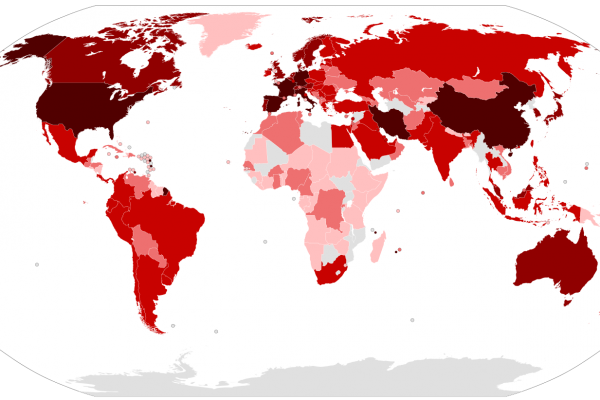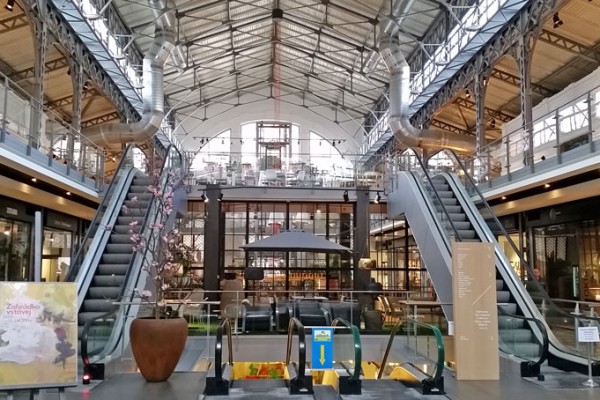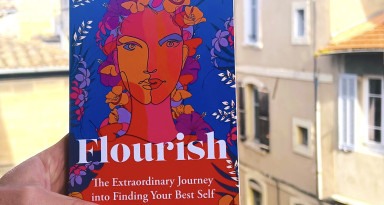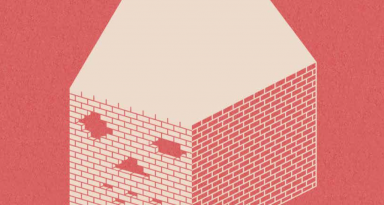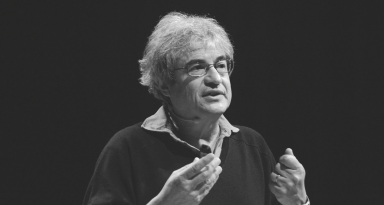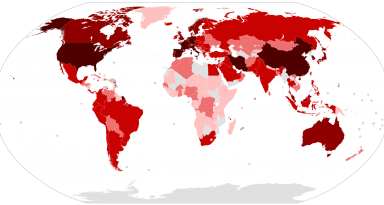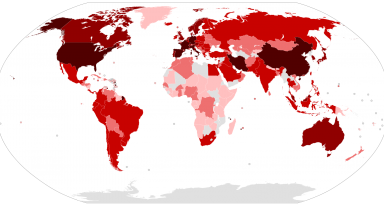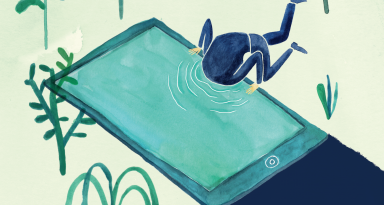We are publishing submissions about the COVID-19 crisis from readers daily on NewPhilosopher.com in the hope that it can help us all make sense of what is happening, and as a historical record of how it made us feel. Here are your thoughts, from around the world.
By Mariana Gaitán Rojas and Filip Vostal, Prague, Czech Republic
The title alludes to the 2003 film Boredom in Brno. Brno, the second-largest city in the Czech Republic, is one of the authors’ birthplace and much like the film, not boring at all. That, however, might be different nowadays. Before the COVID-19 pandemic, we were used to the buzz of normal life. To the busy, productive routine of a "well-functioning," accelerating capitalist society. Yet the virus spread, quarantine began, and many of us now find ourselves crippled by what months before was a luxury: free time. Of course, this condition is highly socially differentiated – nurses, medical professionals, truck or tram drivers, cashiers, and many others might experience the opposite and live at an intensified tempo. The unemployed, though, have a perhaps involuntarily high amount of free time on their hands.
The latest report given by the president of the Czech Association of Psychotherapy shows that the number of patients has decreased by one third. It could be said that many individuals are comfortable with the pace of the current situation, since it has proven effective in protecting them and their families. Yet at the same time, many Czechs have been divested of their favourite activity: shopping (see the 2004 documentary Czech Dream). This all means that many people do not know what to do with the free time that has been given to them. Capitalism’s marketing and advertisement machinery is currently on hold, and many are at a loss at what to do without it.
In the absence of a concrete activity to pursue or trapped by the monotony of home-office life, we feel Baudelaire's monster approaching, ready to "swallow up existence with a yawn..." Boredom, intensified by isolation and constraint. It permeates our lives like never before, heavier, prolonged, and unyielding. And yet, despite the unconventional circumstances, we are dealing with boredom in the most conventional of ways. We find solace in social media, video games, and TV shows. We search for something new and interesting, forgetting that, as Svendsen comments in his Philosophy of Boredom, "'interesting' always has a brief shelf-life, and really no other function than to be consumed, in order that boredom can be kept at arm’s length." The satisfaction that that which is interesting brings cannot last long, and yet we chase it. We avoid boredom, instead of facing it, instead of using it. Boredom is a state rich with ambiguity but also possibility. It allows for a space of contemplation and imagination that, channeled towards a concrete ideal, can incite socio-political imaginaries to manifest.
If the crisis we are undergoing has shown us anything, it is that important sectors of our society are underfunded, that the frantic production of goods can be halted without our world collapsing, and that there is meaning beyond constant productivity and consumption. If wielded well, boredom can help us realise what is faulty in our societies. And if taken to heart, our current situation could be the fueling force that pushes us to do something about those faults.
